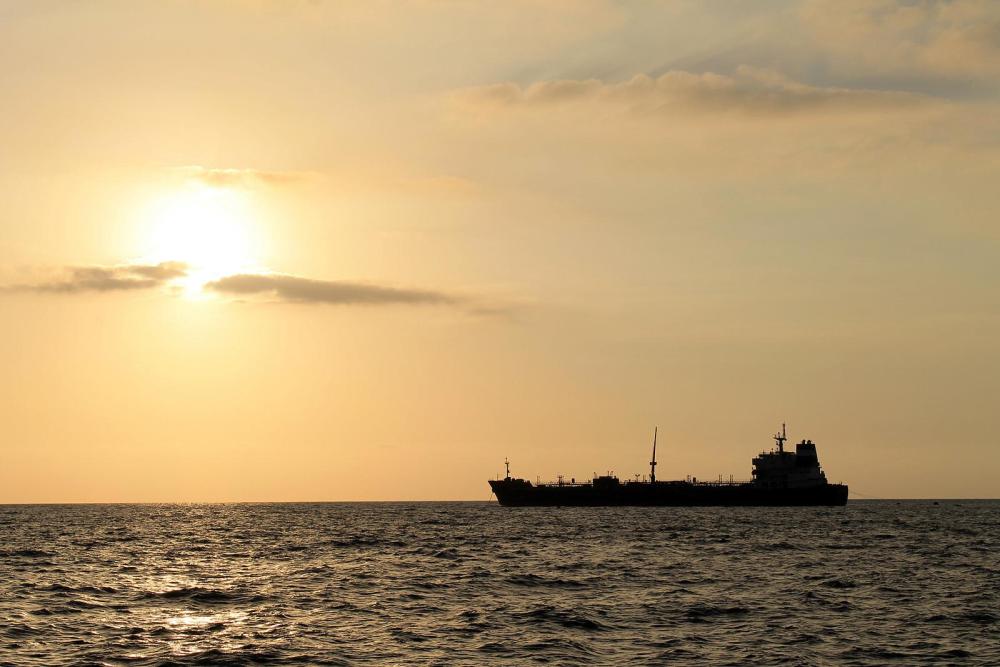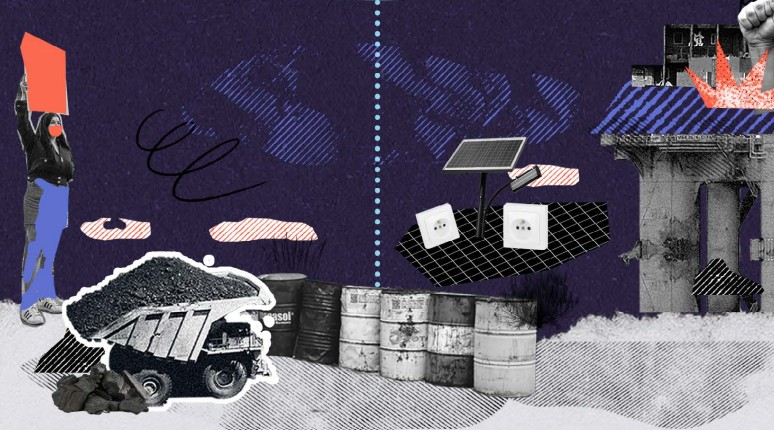PWYP has launched a three-year project to strengthen oversight of the extractive sector by civil society and communities in Iraq, Kenya and Lebanon
In resource-rich countries, extractive sector revenues can change people’s lives. Spent well, they can fund huge improvements to infrastructure and services such as health care and education. But unless they are carefully tracked, these revenues don’t always deliver the benefits they should. Corruption, bad management and weak governance can destroy the potential of revenues from oil, gas and mining to drive equitable development.
To prevent this, countries need strong oversight by civil society, affected communities, the media and academia, so people can demand accountability from governments and companies over extractives revenue and expenditure. Effective oversight requires skills and resources which these groups often lack – but with the right support, people can take action to see what’s going on, reduce corruption and ultimately ensure that natural resource extraction brings positive outcomes for everyone.
Oversight across the sector lifecycle
In response, Publish What You Pay (PWYP) has launched a three-year project to strengthen oversight actors in Iraq, Kenya and Lebanon. All three countries are prone to corruption, but CSOs, affected communities, the media and academia require financial, technical and coordination support to enable them to provide effective public oversight. Supported by the Norwegian Development and Cooperation Agency (NORAD), the project will build capacity among oversight actors and support advocacy for accountable management of oil resources in all three countries.
“The project timeframe – 2020 until 2022 – offers crucial opportunities for impact in each country,” explains project coordinator Pierre Saade, PWYP’s Regional Coordinator for the Middle East and North Africa. “And it enables us to work with – and learn from – countries at very different stages of the extractive sector lifecycle. Lebanon’s government is just developing its offshore oil sector, so civil society has a critical role in ensuring that oil revenues benefit citizens from the very start. Kenya is an emerging producer and has recently made its first oil shipment, so it’s urgent that the government discloses extractive contracts and tax revenues. And Iraq is an established oil producer, but revenue distribution has been inequitable and unsustainable, due to conflict, weak administration and corruption. Increased transparency and civic engagement are essential in order to enhance the sector’s management and exploit its revenues in a sustainable manner. “
Building a strong civic base
Project activities will be tailored to each country, but there are common approaches. Strengthening civil society is the foundation stone. “In Lebanon, civil society is operating in a highly sensitive political environment with limited experience to date of working together to tackle corruption and hold the authorities and oil companies to account,” says Diana Kaissey, Executive Director of the Lebanese Oil and Gas Initiative. “This project will build alliances between CSOs to develop a diverse and effective PWYP Lebanon coalition, united around mutually agreed strategic goals.”
Members of PWYP Kenya – the Kenya Civil Society Platform on Oil and Gas – will attend annual project workshops to build their capacity on transparency, governance and accountability, and strengthen their advocacy skills. A specially developed training manual will help coalition members and the media address issues such as contract disclosure and tax policies in their advocacy and reporting. CSOs and journalists will work closely to raise public awareness and influence better policies in the oil sector.
Project activities will also strengthen coordination, governance and technical capacity among members of PWYP Iraq – the Iraqi Transparency Alliance for the Extractive Industries. Members will also work to expand the coalition, bringing in new approaches and greater diversity, including women, young people and other groups affected by oil production.
Strengthening EITI participation in MENA
Stronger civil society coalitions will be more effective in relation to the Extractive Industries Transparency Initiative (EITI) – a key oversight mechanism. Each project country is at a different stage with the initiative. Lebanon’s government is planning to join, so the project will enable civil society to engage strategically in the initiative, including s and how to analyse EITI and other data to shape evidence-based recommendations. Although the Kenyan government has not shown interest in joining, project activities will complement members’ ongoing work to promote the EITI.
“Iraq has been implementing EITI since 2010, but the EITI’s impact remains limited, due to patronage at national and sub-national levels,” says Adnan Bahya, PWYP Global Council member and PWYP Iraq member. “This project will assist in expanding and developing the coalition’s work, by building an in-depth understanding of the EITI Standard, helping members strategically engage within the national multi-stakeholder group, monitoring revenue sharing mechanisms and demanding contract transparency. We will advocate for oil revenues to fund economic diversification, highlighting the environmental and social impacts of the extractive industries in Iraq.”
In each country, coalitions will also work to promote access to the information needed to monitor government and company activities and take part effectively in decision making. All three coalitions will hold regular forums bringing together governments, regulators, civil society, industry and academia to share the information and expertise that underpin effective oversight.
Enabling people to take part in decisions
In Kenya, strengthening local communities’ awareness and participation in extractive governance will be a core project goal. “People will be affected along an 800-kilometre length of pipeline,” says Charles Wanguhu, National Coordinator of PWYP Kenya, “so they need to have a say in what’s going on. We will hold local workshops and town-hall meetings to raise communities’ understanding of their rights, using easily understood information materials and participatory theatre to bring them into dialogues about oil and gas production, as a basis for their future involvement.”
In all three countries, the project will promote women’s participation in extractive sector oversight. “Placing people – including women – at the heart of policy and decision-making in natural resource governance is central to the project,” says coordinator Pierre Saade. “Lebanon, Kenya and Iraq all offer major windows of opportunity for civil society to promote transparency and good governance. By building strong, informed and influential civil society coalitions, the project will help shape extractive policy and prevent corruption, so revenues benefit all citizens fairly.”











